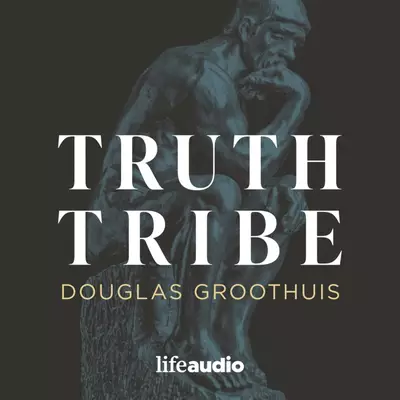The Resurrection
I am the resurrection and the life—Jesus Christ, John 11.
I. The Significance of the Resurrection of Jesus
A. Unique among religions of the world; one religion based on the resurrection of its divine founder
B. The resurrection in Jesus’ teaching: he promised it several times
C. Atonement requires resurrection
Herein we see the organic connection between Christ’s incarnation, death, and resurrection. God’s raising Jesus from the dead is not only a ratification to us of the efficacy of Christ’s atoning death; it is a necessary consequence of it. For by his substitutionary death Christ fully satisfied divine justice. The penalty of death having been fully paid, Christ can no more remain dead than a criminal who has fully served his sentence can remain imprisoned. Punishment cannot justly continue; justice demands his release. Thus, Christ’s resurrection is both a necessary consequence and a ratification of his satisfaction of divine justice [Craig, William Lane. Atonement and the Death of Christ (p. 229). Baylor University Press. Kindle Edition.]
II. Theism and the Resurrection
A. Natural theology increases the probability of the resurrection
B. Argument for God from science and philosophy. See Douglas Groothuis, Christian Apologetics, chapters 9-19
III. Are Miracles Credible?
A. What is a biblical miracle?
1. Not a violation of natural law
2. Supplementation of nature by divine agency
B. David Hume’s argument against miracles: In-principle argument: irrational to believe in miracles
1. If it always more likely that a supposed miracles is really a misinterpreted natural event
2. Response
a. General probability of miracles is low
b. Conditional probability (given theism) is another matter; consider NT reliability and natural theology
c. Miracles are not delusions of pre-scientific fools; they presuppose some knowledge of the natural workings of nature.
Moreover, if there ever were men who did not know the laws of nature at all they would have no idea of a miracle and feel no particular interest in one if it were performed before them. Nothing can seem extraordinary until you have discovered what is ordinary—C. S. Lewis, Miracles.
IV. Minimal Facts and Maximal Result: Resurrection
A. The minimal facts method: find undisputed facts from which to argue for a biblical claim (such as the resurrection)
B. Four minimal facts
1. Death by crucifixion; no possibility of swooning
2. Burial in a known tomb
3. The empty tomb; a necessary, but not sufficient condition for the resurrection; women
Jews and Romans would have had a vested interest in producing dead body of Jesus, but we have no record of it.
4. Postmortem appearances of Jesus
a. In the Gospels, women see Jesus first; unexpected, given low status of women’s testimony at that time
b. Paul’s early witness (I Cor. 15:3-8)
C. Other well-established facts
1. Transformation of the disciples
2. The early worship of Jesus by monotheistic Jews (Larry Hurtado)
3. Circumstantial evidence (part of historical reasoning)
a. Baptism presupposed resurrection (Romans 6:4-5).
b. Lord’s supper or Eucharist (1 Corinthians 11:23-26)
V. Alternative Naturalistic Theories
A. Need several different naturalistic theories to cover all the known facts.
B. No good naturalistic explanations for four minimal facts.
C. Disciples had neither the means nor the motive to steal the body.
D. The Jewish establishment and Roman government would not take the body, leave the tomb empty and let the story of Jesus’ resurrection become popular because they conspired to crucify Jesus.
E. Hallucination theory
1. Too many appearances for hallucinations
2. Hallucinations are not group a phenomena.
VI. Jesus Christ is Risen Indeed!
A. 13 It is written: “I believed; therefore I have spoken.” Since we have that same spirit of faith, we also believe and therefore speak, 14 because we know that the one who raised the Lord Jesus from the dead will also raise us with Jesus and present us with you to himself. 15 All this is for your benefit, so that the grace that is reaching more and more people may cause thanksgiving to overflow to the glory of God—2 Cor. 4:13-15.
B. Therefore, my dear brothers and sisters, stand firm. Let nothing move you. Always give yourselves fully to the work of the Lord, because you know that your labor in the Lord is not in vain—I Cor. 15:58.
Discover more Christian podcasts at lifeaudio.com

Website: https://www.DouglasGroothuis.com
